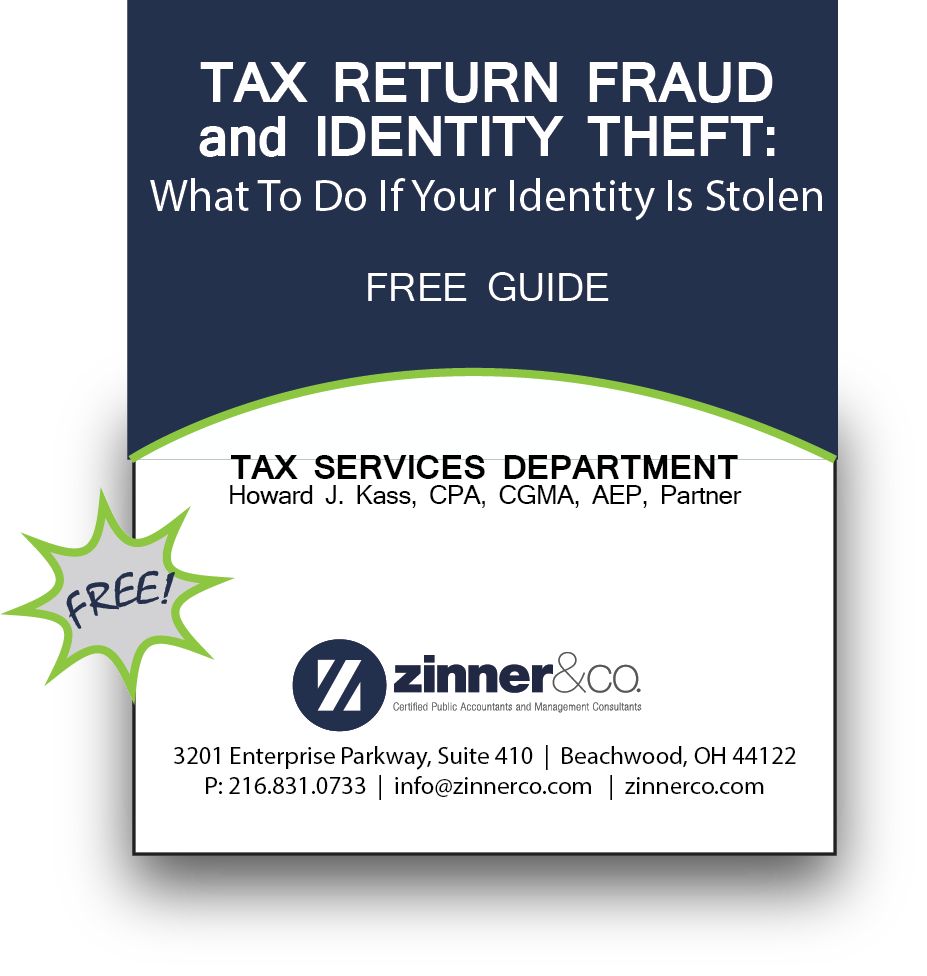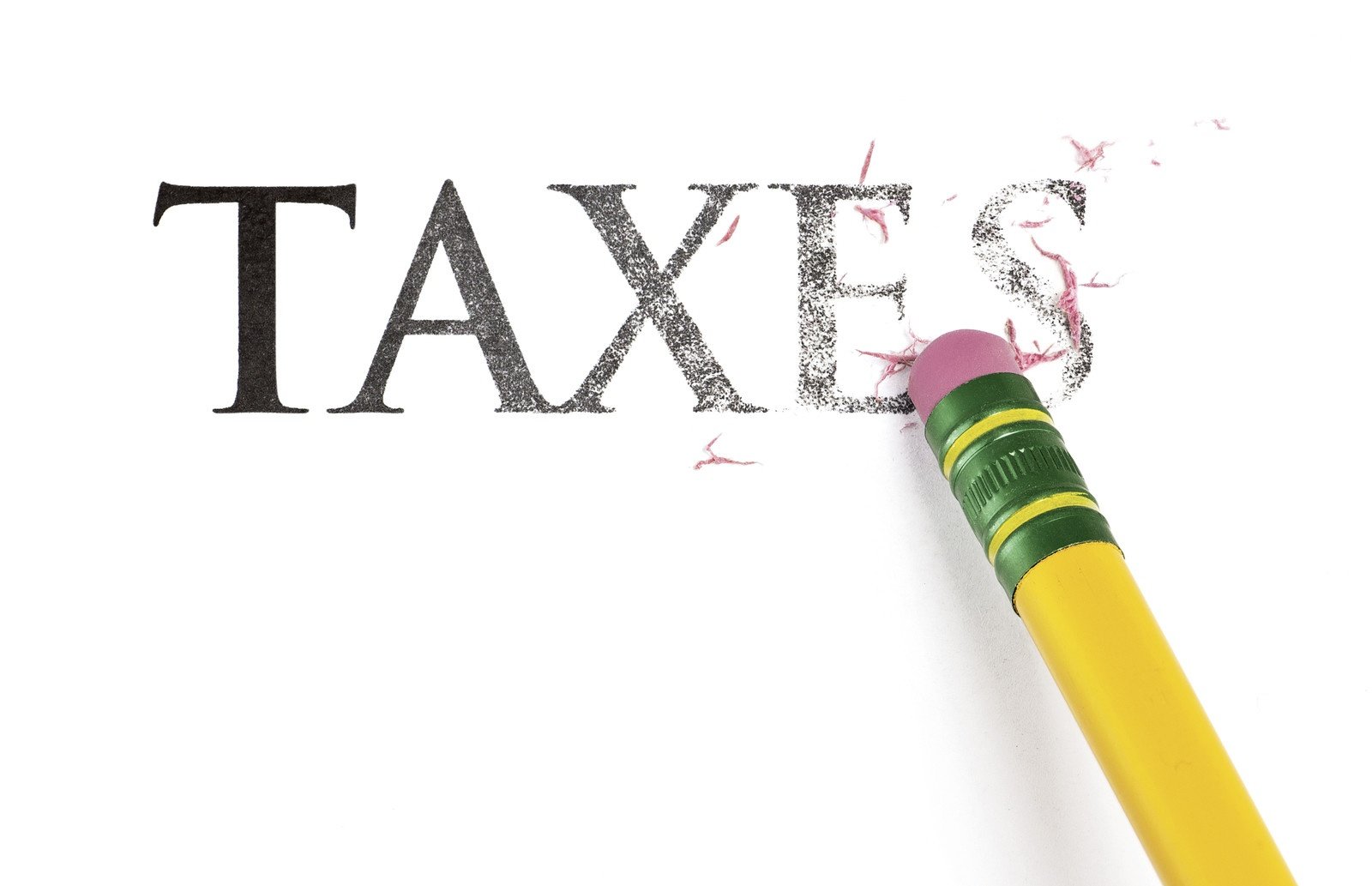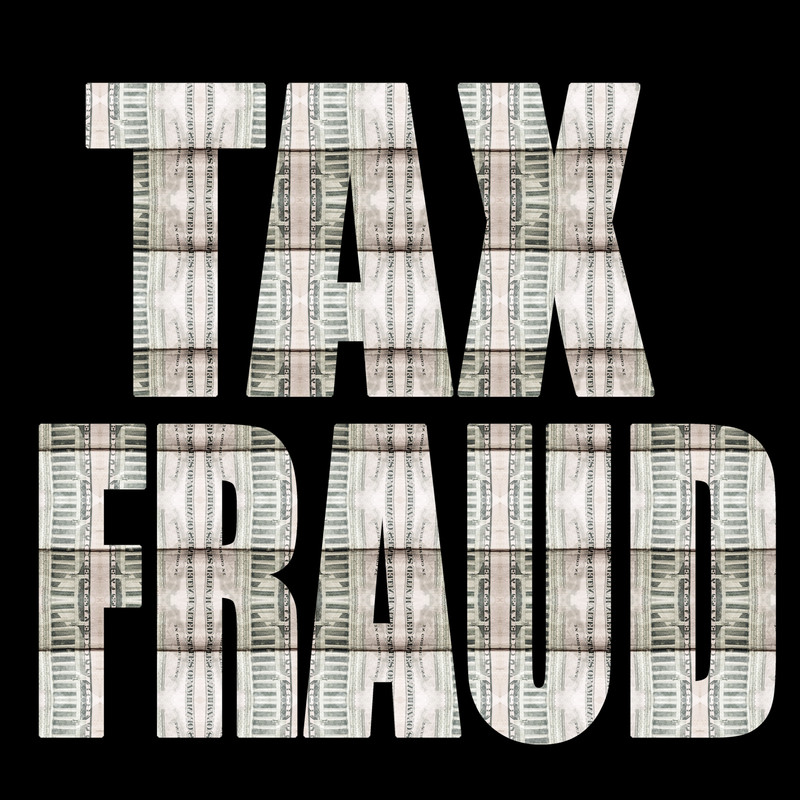The IRS announced today that it was going to end the Offshore Voluntary Disclosure Program (OVDP) by September 28, 2018. The Service is giving taxpayers just over six months’ notice of the program closure to allow any taxpayers who wish to do so the opportunity to take advantage of the program before then.
The current program has been in place since 2014 and is, actually, a modified version of the one that was originally launched in 2012. The programs have afforded taxpayers to voluntarily resolve past non-compliance issues related to unreported foreign financial assets, as well as failures to file foreign information returns.













